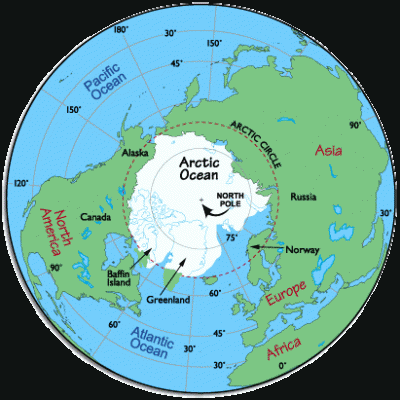Global Sea Ice Hits Lowest Levels ‘Probably in Millenia’

The human world has never experienced a time when global sea ice was so weak and reduced
Global sea ice levels are at their lowest in recorded history, according to new statistics from the U.S. National Snow & Ice Data Center.
In the Arctic, the loss is due to climate change and extreme weather events that are likely influenced by global warming, while the changes in the Antarctic may be attributed to natural variability, the center said.
 (Image: U.S. National Snow & Ice Data Center)
(Image: U.S. National Snow & Ice Data Center)
But as a result of the declines in both regions, the total loss of ice is likely at the lowest it’s been for thousands of years, said meteorologist Eric Holthaus.
It’s “probably the lowest in millenia,” he tweeted.
@EricHolthaus “probably the lowest in millennia” sources:https://t.co/ff9OzZEcbp
Current levels in context w/ 18,000yrs of reconstructions. pic.twitter.com/fqZan8ag74— Eric Holthaus (@EricHolthaus) 14 January 2017
Environmental and social justice writer Robert Scribbler noted that global sea ice “fell off a cliff” in December 2016—or, as 350.org co-founder Bill McKibben put it, 2016 was the year “global sea ice fell off the table.”
2016–red line on bottom–was year global sea ice fell off the table. Humans ‘never experienced’ so little sea ice https://t.co/szRlKS3gIS pic.twitter.com/gJVOdAEUQv
— Bill McKibben (@billmckibben) 14 January 2017
“The human world has never experienced a time when global sea ice was so weak and reduced,” Scribbler wrote.
That’s important because, as Common Dreams has reported, sea ice loss is linked to extreme weather and rising waters, while fewer glaciers mean a darker surface of the Earth—which in turn increases absorption of the sun’s energy, further fueling climate change.
Climate scientists warned last year that Arctic ice is at risk of disappearing for the first time in more than 100,000 years.

